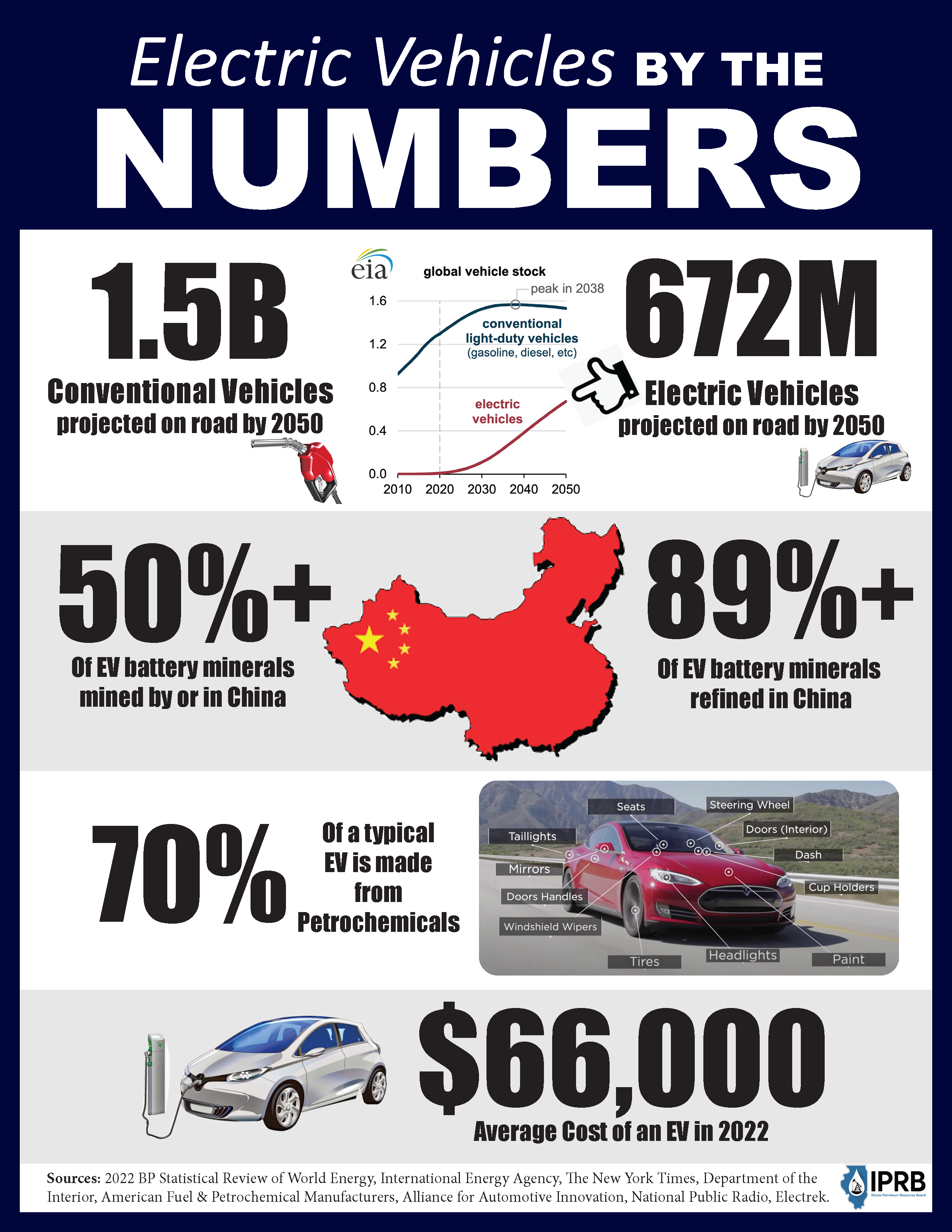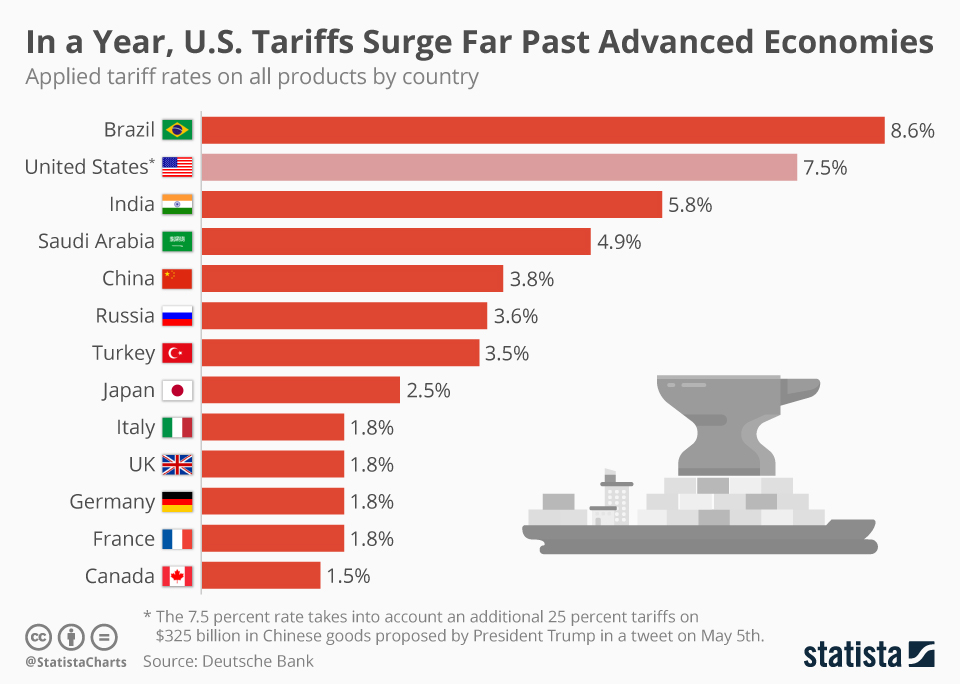Renewed Opposition To EV Mandates From The Automotive Industry

Table of Contents
Economic Feasibility and Manufacturing Challenges
The transition to electric vehicles presents substantial economic hurdles for automakers. The high cost of EV production is a major concern, stemming from several key factors.
- Increased raw material costs: The batteries powering EVs rely heavily on lithium, cobalt, and other rare earth minerals, whose prices have fluctuated wildly, impacting production costs significantly.
- Higher manufacturing complexity: Building EVs involves more complex manufacturing processes and requires specialized expertise compared to internal combustion engine (ICE) vehicles. This translates to higher labor costs and potentially longer production times.
- Limited charging infrastructure: The lack of widespread, reliable charging infrastructure in many regions remains a significant barrier to EV adoption, creating range anxiety among potential buyers and hindering market growth.
- Supply chain disruptions and resource scarcity: The sourcing of raw materials for EV batteries is geographically concentrated, leaving the industry vulnerable to supply chain disruptions and geopolitical instability.
These challenges directly impact profitability and competitiveness. Automakers are worried about the financial viability of meeting aggressive EV mandates, especially in the face of persistent economic uncertainty and fluctuating consumer demand. Several major automakers have publicly expressed concerns about the pace of the mandated transition, citing the economic strain as unsustainable without adequate government support and investment in infrastructure.
Consumer Demand and Market Readiness
A core argument against the rapid implementation of EV mandates centers on the assertion that consumer demand isn't yet robust enough to justify the aggressive timelines. While EV sales are growing, several factors limit widespread adoption:
- High purchase prices: EVs typically command a higher sticker price than comparable gasoline-powered vehicles, making them inaccessible to many consumers.
- Range anxiety and charging limitations: Concerns about limited driving range and the availability of charging stations continue to deter potential buyers.
- Battery lifespan and replacement costs: The lifespan and replacement costs of EV batteries remain significant unknowns for many consumers, creating uncertainty and hesitation.
- Lack of consumer awareness and understanding: Many consumers still lack a thorough understanding of EV technology, charging infrastructure, and associated costs, hindering market acceptance.
Consumer surveys and sales data consistently show that while interest in EVs is rising, the transition is not happening at the speed dictated by some mandates. Addressing these consumer concerns is crucial for ensuring a successful and sustainable EV market.
Technological Readiness and Infrastructure Limitations
The successful transition to EVs requires significant advancements in several key areas, many of which are still in the early stages of development:
- Battery technology advancements: There is a pressing need for further improvements in battery technology to achieve faster charging times, longer ranges, and lower costs. Solid-state batteries, for instance, hold great promise but are not yet commercially viable at scale.
- Charging network expansion: Massive investments are needed to build out a comprehensive and reliable charging network capable of supporting a significantly larger EV fleet.
- Electricity grid upgrades: The increased demand for electricity from widespread EV adoption necessitates upgrades to existing electricity grids to ensure stability and prevent widespread blackouts.
- Lack of charging standardization: The absence of globally standardized charging technologies creates further complexity and challenges for consumers and infrastructure developers.
These technological and infrastructural bottlenecks directly contribute to the automotive industry's resistance to stringent EV mandates. The industry argues that imposing aggressive targets without addressing these underlying challenges risks hindering innovation and potentially leading to market failure.
Political and Regulatory Concerns
Government regulations and policies play a pivotal role in shaping the automotive industry's transition to EVs. However, the current regulatory landscape is a source of concern for many automakers:
- Speed and stringency of mandates: The rapid pace and strict targets of some EV mandates are viewed by the industry as unrealistic and potentially damaging to their business models.
- Debate over policy effectiveness: There is ongoing debate about the effectiveness of different policy instruments, such as subsidies, carbon taxes, and emission standards, in driving EV adoption.
- Regulatory uncertainty: Frequent changes in regulations and policy create uncertainty for automakers, making long-term investment planning difficult.
- Impact on jobs and economic growth: The shift to EVs could result in job losses in regions heavily reliant on traditional automotive manufacturing, sparking concerns about economic disruption.
The automotive industry is actively lobbying for changes to EV policies, arguing for more realistic timelines, greater flexibility, and greater investment in supporting infrastructure. Navigating this complex political landscape is crucial for ensuring a smooth and equitable transition.
Conclusion: Renewed Opposition to EV Mandates: A Call for Balanced Policy
The renewed opposition to EV mandates stems from a confluence of economic, technological, and consumer-related challenges. Automakers highlight the high costs of EV production, limited consumer demand, technological hurdles, and the impact of stringent regulations on their businesses. Addressing the renewed opposition to EV mandates requires a pragmatic and balanced approach. Open dialogue and collaboration between governments, the automotive industry, and consumers are essential to navigating these challenges and ensuring a sustainable future for the automotive industry and the environment. A careful consideration of the renewed opposition to EV mandates from the automotive industry is crucial for crafting effective policies that support both environmental sustainability and economic growth.

Featured Posts
-
 Scarlett Johanssons Alleged Stalker Arrested Bomb Threat Against Saturday Night Live
May 13, 2025
Scarlett Johanssons Alleged Stalker Arrested Bomb Threat Against Saturday Night Live
May 13, 2025 -
 Trump Tariffs Resume What It Means For The European Economy
May 13, 2025
Trump Tariffs Resume What It Means For The European Economy
May 13, 2025 -
 Otkaz Skarlett Yokhansson Ot Selfi Obyasnenie Aktrisy
May 13, 2025
Otkaz Skarlett Yokhansson Ot Selfi Obyasnenie Aktrisy
May 13, 2025 -
 Doom The Dark Ages Discounted 17
May 13, 2025
Doom The Dark Ages Discounted 17
May 13, 2025 -
 Catch Leonardo Di Caprio In A Thrilling New Spy Film On Netflix
May 13, 2025
Catch Leonardo Di Caprio In A Thrilling New Spy Film On Netflix
May 13, 2025
